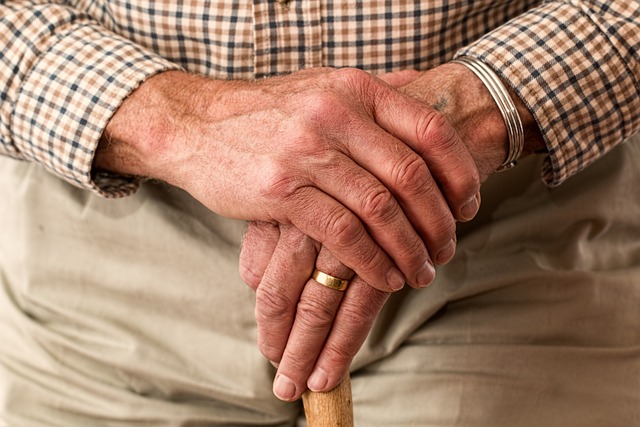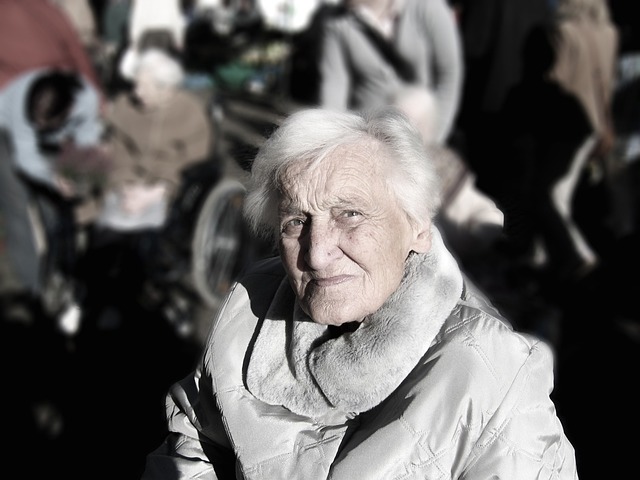Elderly Companion Services play a vital role in helping seniors manage medications safely and effectively. By offering personalized care, these services ensure timely pill intake, alert users when to take their medication, promote adherence to treatment plans, and improve overall health management. Through innovative tools like daily pill organizers, smart medicine cabinets with alarms, and digital health platforms, Elderly Companion Services enhance quality of life for seniors, reduce potential hospitalizations due to missed doses, and support better chronic condition management.
Medication management can pose significant challenges for seniors, leading to potential health risks. As the elderly population grows, understanding and addressing these issues is crucial. This article explores strategies to enhance medication adherence among seniors, focusing on the critical role of Elderly Companion Services in providing timely reminders. We discuss effective methods and emerging technologies designed to simplify medication routines and improve overall health outcomes for aging individuals.
- Understanding the Challenges of Medication Management for Seniors
- The Role of Elderly Companion Services in Providing Reminders
- Effective Strategies and Technologies for Senior Medication Adherence
Understanding the Challenges of Medication Management for Seniors

Managing medications can be a complex task, especially for seniors who often take multiple prescriptions for chronic conditions. The challenges are multifaceted; firstly, as people age, their bodies process medications differently, requiring adjustments in dosage and timing. Secondly, with memory lapses becoming more common, it’s easy for seniors to forget when or even if they’ve taken their meds. This can lead to potential health risks, including missed doses and drug interactions.
Elderly Companion Services play a vital role in mitigating these challenges by providing dedicated support. These services offer medication management assistance, where trained professionals help seniors organize their medications, ensure timely intake, and even alert them when it’s time to take their pills. Such personalized care is crucial in promoting adherence to treatment plans, ultimately enhancing the quality of life for elderly individuals.
The Role of Elderly Companion Services in Providing Reminders

Elderly Companion Services play a pivotal role in assisting seniors with medication reminders, addressing a critical need as aging populations face complex pharmacology regimens. These services offer personalized support tailored to each senior’s unique needs and preferences. Companions are trained not only to remind clients of their medications at the right times but also to understand potential adverse reactions, track refill schedules, and communicate effectively with healthcare providers when necessary.
By integrating Elderly Companion Services, seniors gain a reliable support system that enhances medication adherence. This is particularly vital for managing chronic conditions, ensuring effective treatment, and preventing hospitalizations due to missed doses. Through their attentive care, these services foster a sense of independence while safeguarding the well-being and quality of life for older adults.
Effective Strategies and Technologies for Senior Medication Adherence

Medication adherence is a significant challenge for many seniors, but effective strategies and technologies can make a world of difference. Elderly Companion Services play a crucial role in enhancing medication management for this demographic. Personalized reminders, such as daily pill organizers or smart medicine cabinets, help seniors remember when and how to take their medications. These tools often come with alarms or mobile app notifications, ensuring no dose is missed.
Additionally, digital health platforms and telecare solutions offer remote monitoring and support. Through wearable devices and mobile apps, caregivers or healthcare providers can track medication intake, receive alerts for potential issues, and provide timely interventions. This technology not only improves adherence but also promotes better overall health management for seniors.
Medication management can be a complex challenge for seniors, but with the support of elderly companion services and modern technology, adherence can be improved. By employing effective strategies such as visual reminders, automated dispensers, and regular tracking, caregivers can ensure that older adults take their medications correctly. Elderly companion services play a vital role in providing human connection and hands-on assistance, making it easier for seniors to stay on track with their treatment plans. Integrating these solutions can significantly enhance quality of life and overall health outcomes for our aging population.
